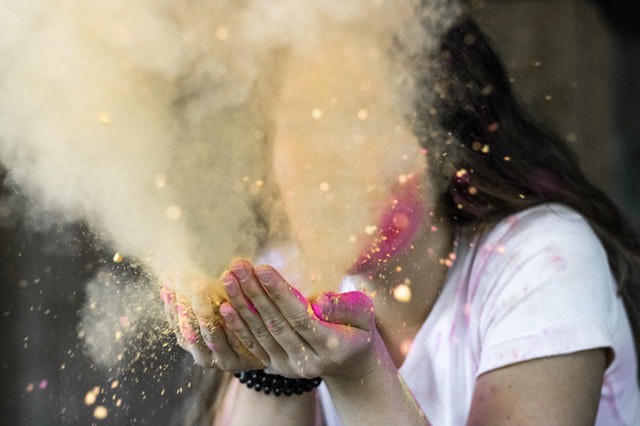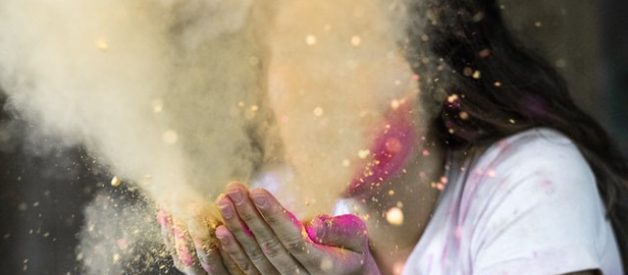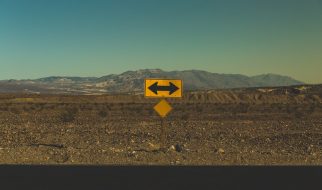
Magic systems can be based on many different kinds of principles. You can mix and match these principles to your heart?s content as long as you remember the golden rules:
Keep magic simple ? If your magic system is so complicated it takes many pages of explanation for your readers, consider taking the complexity down.
Keep magic consistent ? Your magic system must have rules and internal consistency, and it must adhere to those rules throughout the entire plot.
Give magic limitations ? If anyone can use magic to do anything, it?s boring. Ensure your magic has restrictions, limits or consequences for the users.
Link magic with the surrounding society ? Ensure the type of magic you choose is appropriate and natural for your society. For example, magic based on science may not be appropriate in a medieval setting.
Types of magic systems
Magic from life force ? Create magical power based around the life force and energy that emanates from humans and other living things, both plants and animals.
Magic from the gods ? Create magical power as a gift from the gods. It could take any form, and the power provided can be dictated at the whim of the gods, or subject to certain rituals.
Magic from organic ingredients ? Create magical power based on combining ingredients, such as plants, to make spells or potions.
Magic from words ? Create magical power based on either the written word or spoken word, i.e. spells.
Magic from the elements ? Create magical power around manipulation of the elements, traditionally being air, earth, fire and water. Other elements could be added.
Magic from physical objects ? Create magical power from particular physical objects that only certain people are able to obtain or use.
Magic from rituals ? Create magical power based on certain rituals being performed in a certain order or at particular times.
Magic from supernatural forces ? Create magical power based around the spirit world, or utilising the power of other beings such as angels or demons.
Magic from the mind and body ? Create magical power based around enhanced powers of the brain and body, such as mind-reading or enhanced strength.
Magic from the user ? Create magical powers based around the character of the magic user and their natural skills and talents.
Practical considerations
When considering your magic system, have a think about the following issues and use them to shape the detail and add interest.
Who can do magic in your world?
- Those who have been taught?
- Those with the right genes?
- Certain races?
- Holy or religious people?
- People who can afford it?
- Rulers?
What does your magic do?
- What, precisely, can it manipulate? Physical items, elements, etc.
- Do different people have different types of magical powers or skills?
- Can people improve their magic skills or are they born with the power they have?
- Are people aware of their magical powers and can they control them?
- What are the limits on magic ? the things it can?t do?
What is the source of magic?
- How did magic originate in your world?
- How do people replenish their supply of magic or their magical power?
- Will magic ever be taken away?
- Does anything stop magic working?
- Are people aware of the origins and source of magic?
How is magic performed?
- Does your magic require certain rituals or physical objects to work?
- Does magic come naturally, or require a lot of effort and training?
- Can magic only be performed under certain conditions?
- What is the cost of using magic to the user?
- What happens to magical powers or the effects of magic over time?
- How does the strength of the magic affect the cost to the user?
- Does magic require speech or writing or recalling information?
- Does magic comply with the user or have a separate presence or will?
With these considerations in mind, you should be able to develop a logical and believable magic system that will enhance your writing and engage your readers.


